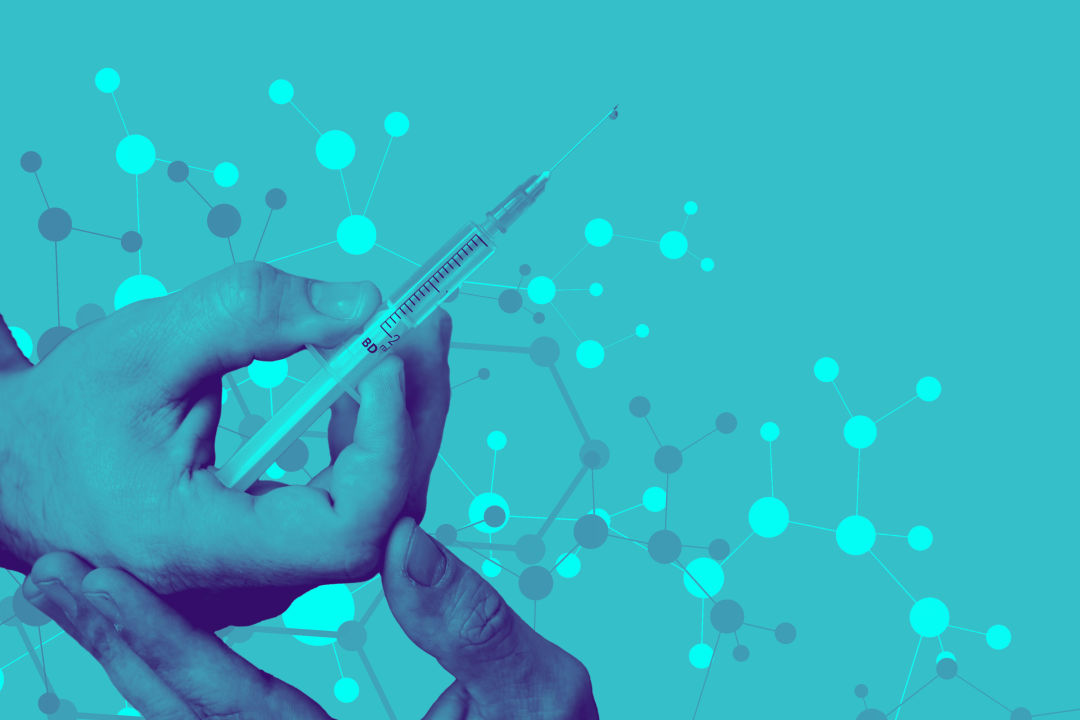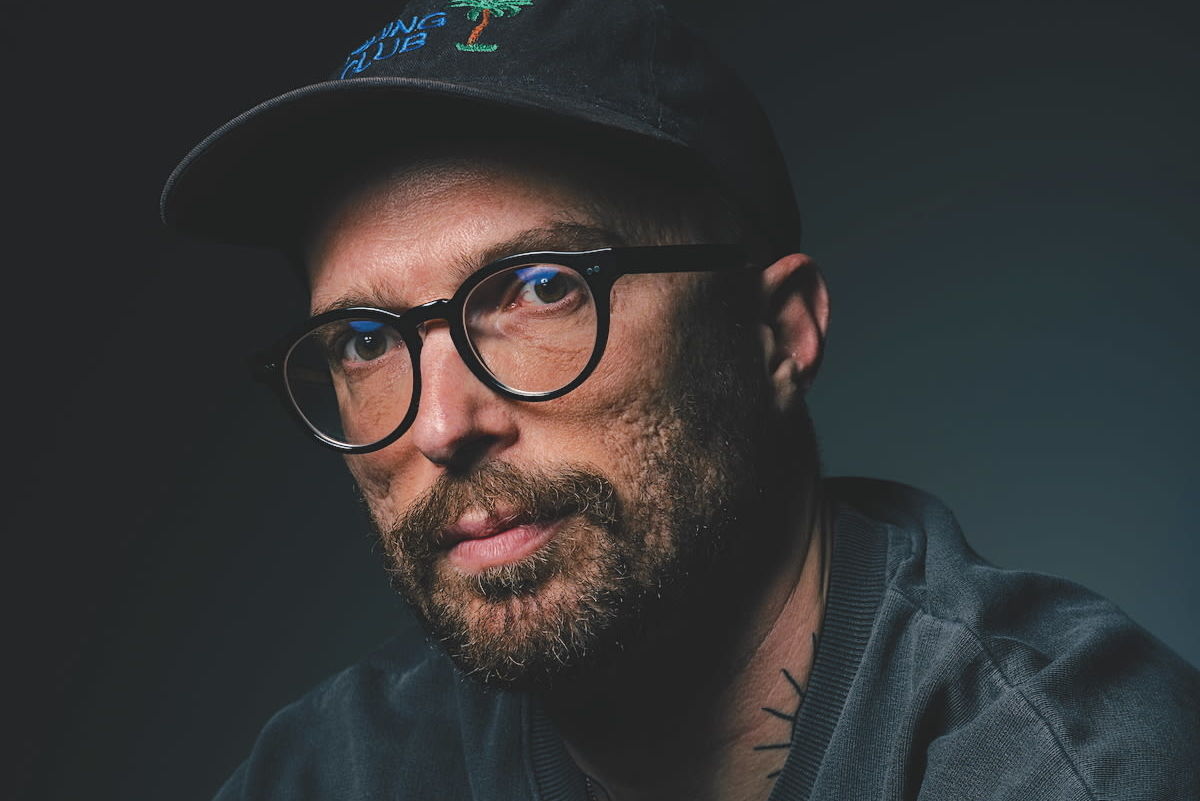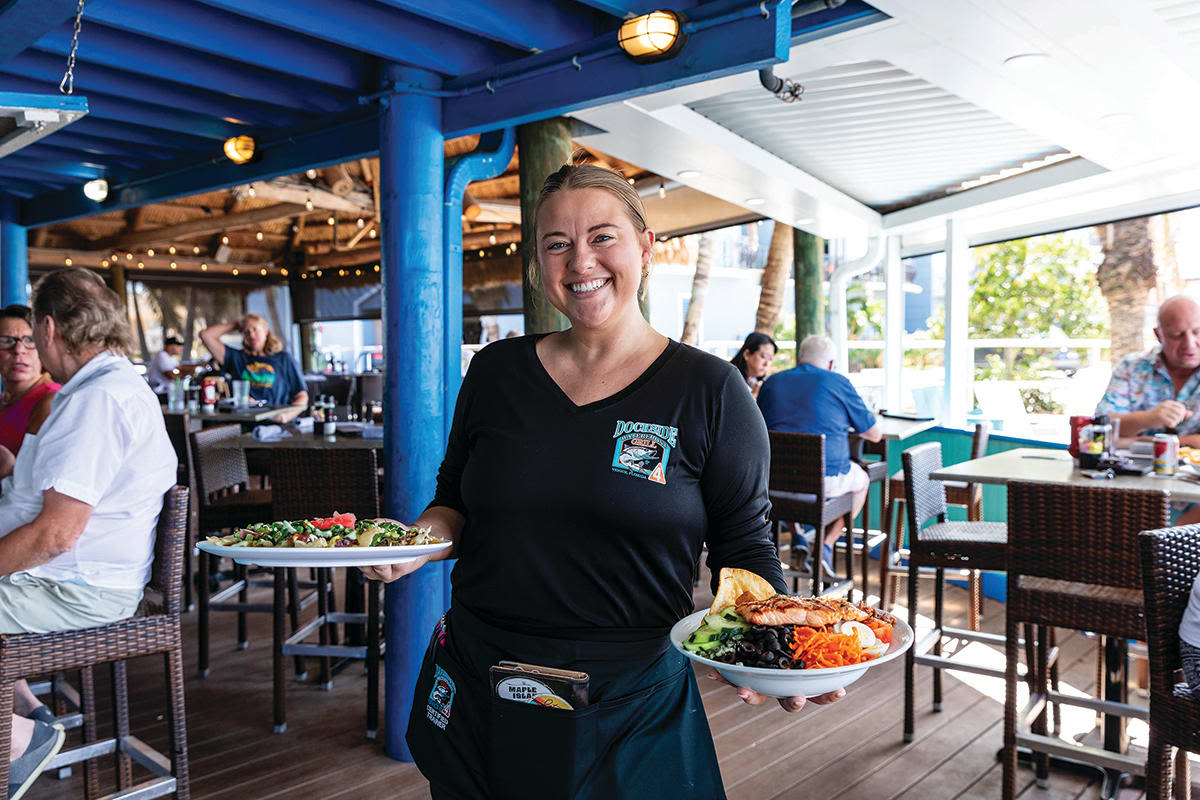What to Know About Monkeypox Symptoms and Vaccines

Since the first known case of monkeypox was detected in the U.S. in May, the virus has spread to hotspots around the country including New York, California, Illinois, Washington, D.C., and yes, Florida. As of Tuesday, July 12, there have been 866 cases of monkeypox reported in the country.
Monkeypox is transmitted through skin-to-skin contact and can infect anyone, although it is rarely fatal. No deaths have been reported in the United States. While the virus disproportionately affects gay and bisexual men, a few transgender men and cisgender women have also contracted the virus, according to the Centers for Disease Control. Symptoms include painful skin lesions and other flu-like symptoms.
There is no specific treatment for monkeypox; however, an FDA-approved, two-dose vaccine originally made for smallpox called JYNNEOS has begun distribution. The vaccine is made by Bavarian Nordic in Denmark, a biotechnology company that manufacturers vaccines. Commercial testing is also available, but experts are waiting for enough supplies to gauge the scope of the outbreak.
What precautions should people take?
Look out for small red and white bumps that appear on shoulders, hands, wrists, armpits and other areas of your body and your intimate partners'. Individuals with a sexual partner diagnosed in the last 14 days are eligible for the JYNNEOS vaccine, which is administered 28 days apart.
While going to crowded spaces fully clothed does not pose much risk, going to gatherings with minimal clothing and frequent skin-to-skin contact does. Reduce skin-to-skin contact during sex and avoid kissing to minimize exposure.
What should you do if you are exposed?
Monitor your symptoms for the next 21 days. Take your temperature twice per day. If symptoms develop, self-isolate and contact your doctor. If your only symptoms are chills and swollen lymph nodes, self-isolate for 24 hours. If you have a fever or rash, contact your primary care physician or go to urgent care. Reach out to the clinic ahead of time so they can take precautions, too. Illness usually lasts two to four weeks, and precautions should be taken until lesions have healed. Testing supplies may be limited.
When should you get vaccinated?
Vaccination within four days of exposure can prevent the onset of monkeypox, and according to the Centers for Disease Control, vaccination up to two weeks after exposure can still reduce symptoms. You are fully vaccinated two weeks after your second dose. JYNNEOS is 85 percent effective against the virus.
Where can you get vaccinated?
More than 40,000 doses of JYNNEOS have been administered to over 30 states since July 7, according to the Department of Health and Human Services. The Centers for Disease Control will decide how to allocate the limited vaccine supply based on the number of cases and the population at risk in a specific area.



